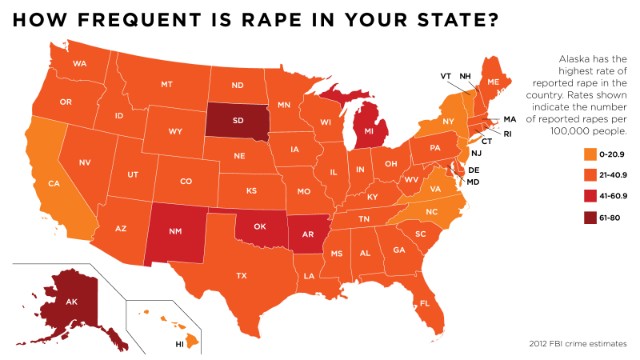What do you ask of the people who play and coach the sports you love?
Do you have an overriding idea of what they should do, or does it go sport by sport?
If you look at the big picture you want athletes and coaches to conduct themselves in a similar fashion as you, given you are on the positive side of decency.
Be a good person on and off the field isn’t too much to ask. Take care of yourself, your team, and if you have anything left at the end of the day, help someone else.
Two college coaches made the spotlight; one shined brighter than the other.
Oregon basketball coach Dana Altman appeared on John Canzano’s The Bald Faced Truth on 750 The Game sounding like anything but an adult in charge of a Pac12 team. He answered questions in the sort of halting voice you’d expect from a villain in a Hollywood B movie.
Altman isn’t a villain. He had three players involved in what is described as ‘an incident’ which is shorthand for rape allegations.
Now former Ducks, the players moved on after being dropped from the program, but not before two of them played in the NCAA Tournament.
Coach Altman worked his way through the phone interview with Canzano with the sort of pauses that s0und like a disconnection. When asked if could hear okay, he perked up. Slightly.
Someone ought to remind the coach that the University of Oregon is not part of the Federal Witness Protection Program. He doesn’t need to sound like his voice is run through a modulator to protect his identity.
Coach Altman, we know who you are, even if Canzano says differently.
This isn’t a Watergate-style inquiry to determine what he knew and when he knew it.
From the New York Times:
On April 14, the Lane County district attorney’s office decided not to prosecute the case, saying in a report that “while there is no doubt the incidents occurred, the conflicting statements and actions by the victim make this case unprovable as a criminal case.”
Alex Gardner, the Lane County district attorney, said in a statement late Tuesday: “From time to time, additional evidence becomes available after an initial no-file. When that happens, the evidence is reviewed and, if sufficient, a case may be revived and prosecuted.”
Eugene is not Tallahassee, Florida. Local authorities work for justice, not the UofO athletic department. Jameis Winston was not involved in this investigation.
Corvallis isn’t Tallahassee either, but the front page of the November 19th Oregonian carries the sort of story no city wants any association with, a story that needs telling.
“BRENDA’S STORY | Part 2” is the headline over the details of an ‘incident’ that occurred in 1998.
The incident involved four college football players, three from Oregon State, and Brenda Tracy, a twenty four year old waitress with two young children. You can call a gang rape a lot of things, ‘incident’ is a polite euphemism.
John Canzano wrote Brenda’s Story. In it, he wondered if Coach Mike Riley would respond to his request to talk. The coach called him and opened up.
Then Canzano contacted one of the men involved.
From oregonlive.com:
“I (Canzano) reached Calvin Carlyle in the field at his job as an investigator for the U.S. Department of Labor. It’s his task to enforce labor laws such as minimum wage, medical leave, overtime and record keeping. He’s married, and has three children, two girls ages 8 and 2, and a 5-month-old son.
He was a long way from apartment No. 3 on Northwest 20th Street in Corvallis.
I asked Carlyle if he remembered Brenda Tracy and the events of that late-June night. I asked if he learned anything, if he suffered, if he thought of her, even once in the last 16 years?
“I haven’t thought much about that crazy stuff at all,” he said. “One day, I’m a model citizen. The next day, I’m an accused rapist on TV. There was no proof. We have to live with the consequences. I wouldn’t say scary is the word. I would say I was humiliated.””
Humiliation is a common thread connecting three college basketball players in Eugene and four college football players in Corvallis.
There’s another word for the women in each case: survivors.
One old saying holds that you can’t know someone’s character until you see them under stress. What sort of choices do they make?
Brenda Tracy says she’s lived in a “prison of silence.”
By stepping forward she’s unlocked the door too many women live behind.



